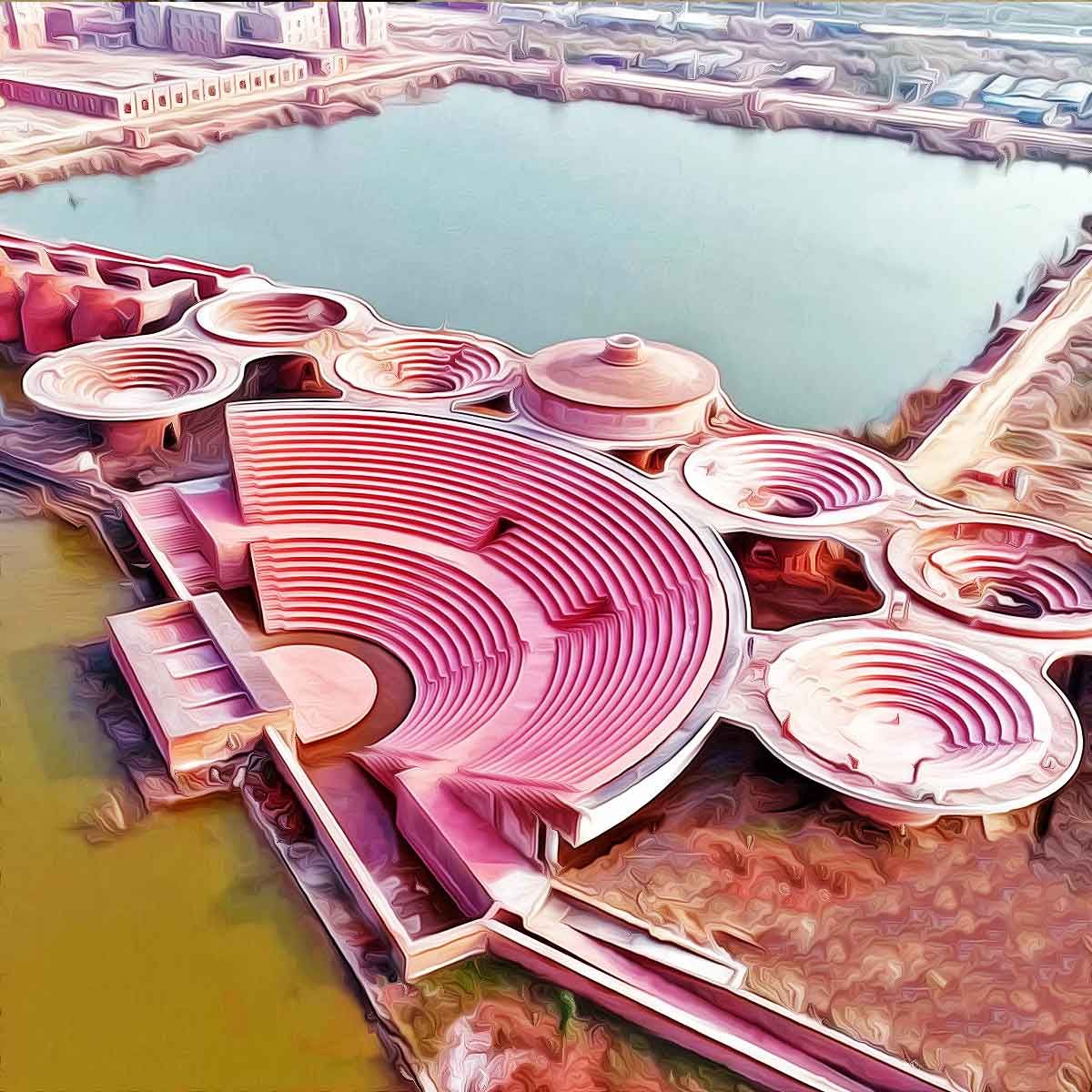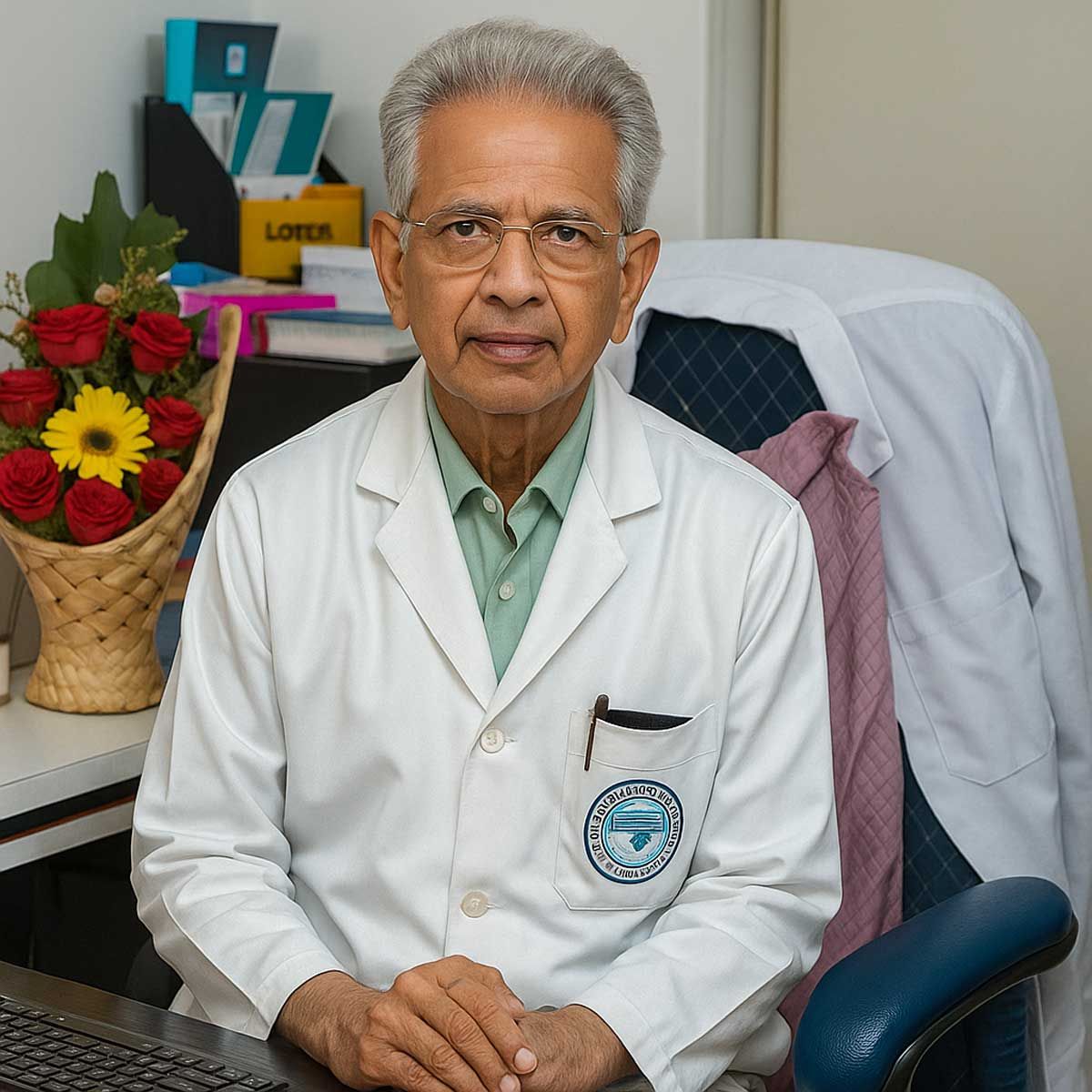More Coverage
Twitter Coverage
Satyaagrah
Written on
Satyaagrah
Written on
Satyaagrah
Written on
Satyaagrah
Written on
Satyaagrah
Written on
JOIN SATYAAGRAH SOCIAL MEDIA
"GururBrahma GururVishnu GururDevo Maheshwaraha": Rejuvenating the eminence of Nalanda University, the pride of Bharat that was the world’s leading education center for decades, long before Cambridge and Oxford were even architectural designs on a map

Nalanda was the world’s leading education center for decades, long before Cambridge and Oxford were even architectural designs on a map. Providing rich and valuable information and knowledge to thousands of Bhartiya students and students from all over Asia- Tibet, China, Korea, Vietnam, etc.- to study at this prestigious institution. Nalanda is described in Jain and Buddhist texts as a ‘sacred space.’
|
A Popular educational Hub
Renowned Archeologist KK Muhammad, who was a part of the team which had declared that a Ram Temple existed before the controversial Babri structure was built in the 15th century, said, “Seven-eight hundred years before the modern universities in the West were built, you had a bigger university in Bharat, where students came not only from the Bhartiya subcontinent….but from several other countries, from Japan, China. Hiuen Tsang was himself a student at Nalanda University. He studied for two years at the university. He then became a teacher here. Similarly, students from Indonesia and Malaysia also came to study here.”
|
The Nalanda University has been documented as an open school of discussions, where scholars would hold regular arguments and study both Buddhist and Hindu scripture studies including Vedas, Yogasastras, and Panini’s grammatical works. A center for higher studies, it attracted foreign scholars and experts from China, Korea, Tibet, and Tokhara who would collaborate and debate under one roof. In fact, Chinese traveler I-tsing describes Nalanda as a 'democratically governed body'.
The Fellowship of the university was regarded as the highest academic degree of those times. Entrance examinations into Nalanda were very hard to pass, and Hiuen Tsang documents only 20% could secure admissions. Around 100 lectures were arranged daily and about 1,500 teachers were in charge of the estimated 8,500 students enrolled there. Once enrolled, students were given free lodging, food, clothing, and education.
After braving a series of invasions, its glory was ultimately brought to a halt after a series of plundering raids by Turk invader Muhammad bin Bakhtiyar Khalji in the late 12th century CE. Persian historian, Minhaj-i-Siraj has vividly described the violent loot and massacre describing the mass burning of Nalanda's library and records and the murder of its monks.
|
Destruction by Islamic Invaders
Nalanda University remained one of Asia’s most popular educational spots for many centuries but there was a decline in the footfall of students after the Islamic invasion. It is known that Nalanda was destroyed three times. It was ransacked and ruined during the reign of Delhi Sultanate’s Bakhtiyar Khilji, in 1193.
|
Reconstruction by the Bhartiya Government
Taking the first step towards reinventing the old Nalanda, former President of India, Dr. A.P.J. Abdul Kalam spoke about reviving the ancient university while addressing the Bihar State Legislative Assembly in March 2006. Simultaneously, the Singapore government presented the “Nalanda Proposal” to the Government of India suggesting the re-establishment of Nalanda as the focal point of Asia. The same was reiterated at the fourth EA Summit held in October 2009, where more member states affirmed their support to the University, thereby getting the process rolling.
|
The Nalanda University Act, 2010 was passed in both houses of the parliament, and 450 acres of land (planned for an eventual 7000 population) at the base of Rajgir Hills was identified and acquired for its construction. The center has full ownership of the university. On 1st September 2014, the academic sessions at NU began. NU recently launched a global master’s program in Hindu Studies (Sanātana) and has begun witnessing admissions from Students from all over the world.
Gopa Sabharwal, the former Vice Chancellor of Nalanda, said that one of the biggest challenges would be establishing a modern university in the 21st century while maintaining its original heritage. She said, “The reconciliation of the historical with the contemporary is being done at many levels and in many ways – in the physical structure, in the ideas that guide the choice of the schools, the curriculum’s focus areas, and so forth. Hence interdisciplinarity, inter-Asian linkages, and a connection with the immediate surroundings are the guiding principles of the university,”
|
The master plan integrates sustainable practices at every phase of the project, from site planning of the campus to creating infrastructure and cost-effective ways to reduce natural resource consumption and minimize dependency on off-site building materials. The plan allows for incremental growth and flexible expansion and phasing while preserving the agricultural and environmental basis of the region. The master plan is transitional, demonstrating the campus’s integration into a prominent site ecosystem. The project aims to combine state-of-the-art technologies with planning principles of erstwhile Nalanda University to create a carbon-neutral and zero-waste campus.
|
The new complex would contain the academic blocks and Student hostels. There will be a sports complex and a school along with a creche would be built as well which would provide facilities like classes nursery to 12, labs, libraries, and activity rooms.
Universities like Nalanda are proof of Bharat’s rich and diverse knowledge and educational heritage before the Islamic invasion dismantled it. Reconstruction of Nalanda and other such heritage and historical sites are bringing in a new wave of reviving our culture and returning to our roots.
|
References:
hindupost.in
 Support Us
Support Us
Satyagraha was born from the heart of our land, with an undying aim to unveil the true essence of Bharat. It seeks to illuminate the hidden tales of our valiant freedom fighters and the rich chronicles that haven't yet sung their complete melody in the mainstream.
While platforms like NDTV and 'The Wire' effortlessly garner funds under the banner of safeguarding democracy, we at Satyagraha walk a different path. Our strength and resonance come from you. In this journey to weave a stronger Bharat, every little contribution amplifies our voice. Let's come together, contribute as you can, and champion the true spirit of our nation.
 |  |  |
| ICICI Bank of Satyaagrah | Razorpay Bank of Satyaagrah | PayPal Bank of Satyaagrah - For International Payments |
If all above doesn't work, then try the LINK below:
Please share the article on other platforms
DISCLAIMER: The author is solely responsible for the views expressed in this article. The author carries the responsibility for citing and/or licensing of images utilized within the text. The website also frequently uses non-commercial images for representational purposes only in line with the article. We are not responsible for the authenticity of such images. If some images have a copyright issue, we request the person/entity to contact us at This email address is being protected from spambots. You need JavaScript enabled to view it. and we will take the necessary actions to resolve the issue.
Related Articles
- Sarla Thakral, India's first woman pilot at just 21, defines Nari Shakti, rising in a saree amidst a male-dominated era, she transitioned as a visionary artist and designer, her legacy remains an emblem of resilience and women empowerment in India
- Operation Polo: When India annexed Hyderabad from the Nizam and Razakars, the suppression of Hindus and the role of Nehru
- Godse's speech and analysis of fanaticism of Gandhi: Hindus should never be angry against Muslims
- Unsung Heroine Pritilata Waddedar, Who Shook The British Raj at the age of 21
- Jhalkaribai: The Indian Rebellion Of 1857 Who Took on British Forces Disguised as Laxmibai
- Cross Agent and the hidden truth of massacre of Jallianwala Bagh - Martyrdom of Shaheed Bhagat Singh (Some Hidden Facts)
- "I had a calling to become what I became - I was created to do this": Srinivasa Ramanujan, mathematical genius who knew infinity credited his all formulae to visions of Mahalakshmi, "An equation for me has no meaning, unless it expresses a thought of God"
- Valiant Marathas and the far-reaching effects of the loss of 3rd battle of Panipat: Jihad of the temple destruction
- Northeast is not the Part of Pakistan because of 'Netaji': Subhas Bose and the ‘special’ case of Assam
- Dr. Anandibai Joshi, India's first female physician, embraced 19th-century challenges with courage and determination, securing a medical degree in the U.S. and setting a monumental precedent for women's education and empowerment across generations
- "And he saw the angel in the marble and carved until he set him free": Granite monolithic Nandi of 16 feet in height and 24 feet long sits atop the Chamundi Hills of Mysore, creation of this colossal image is attributed to Maharaja Dodda Devaraja Wodeyar
- Fearless female sniper Uda Devi, who etched history during the Siege of Lucknow!
- "The relentless pressures of the so-called marketplace have distorted all our history and culture": 'Revolutionaries - The Other Story of How India Won Its Freedom'' by Shri Sanjeev Sanyal says History of India’s freedom struggle must be re-written
- Madras High Court: Do not take decision on melting Temple gold till Trustees are appointed
- Haunting history- 50 years of Operation Searchlight in Dhaka




























